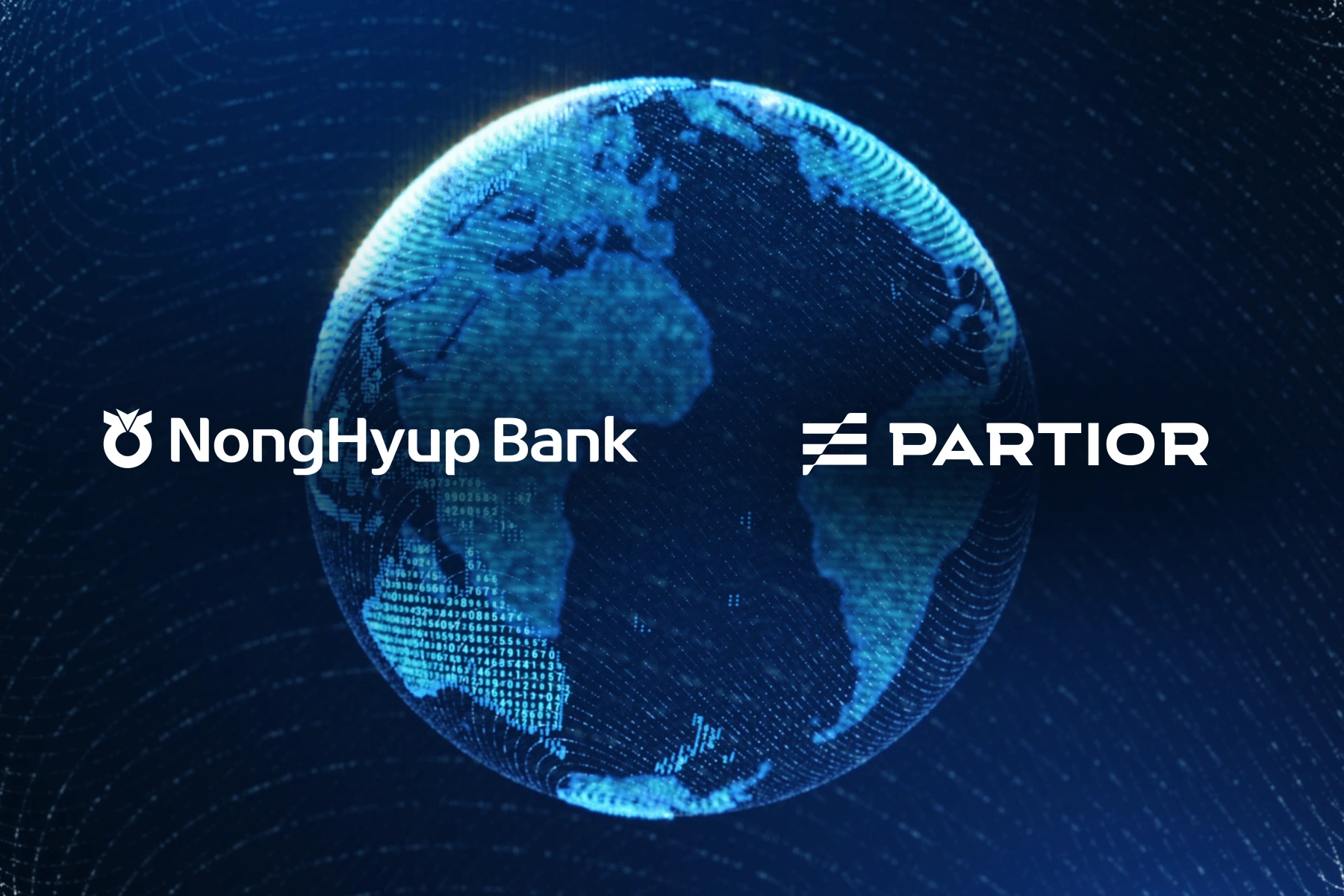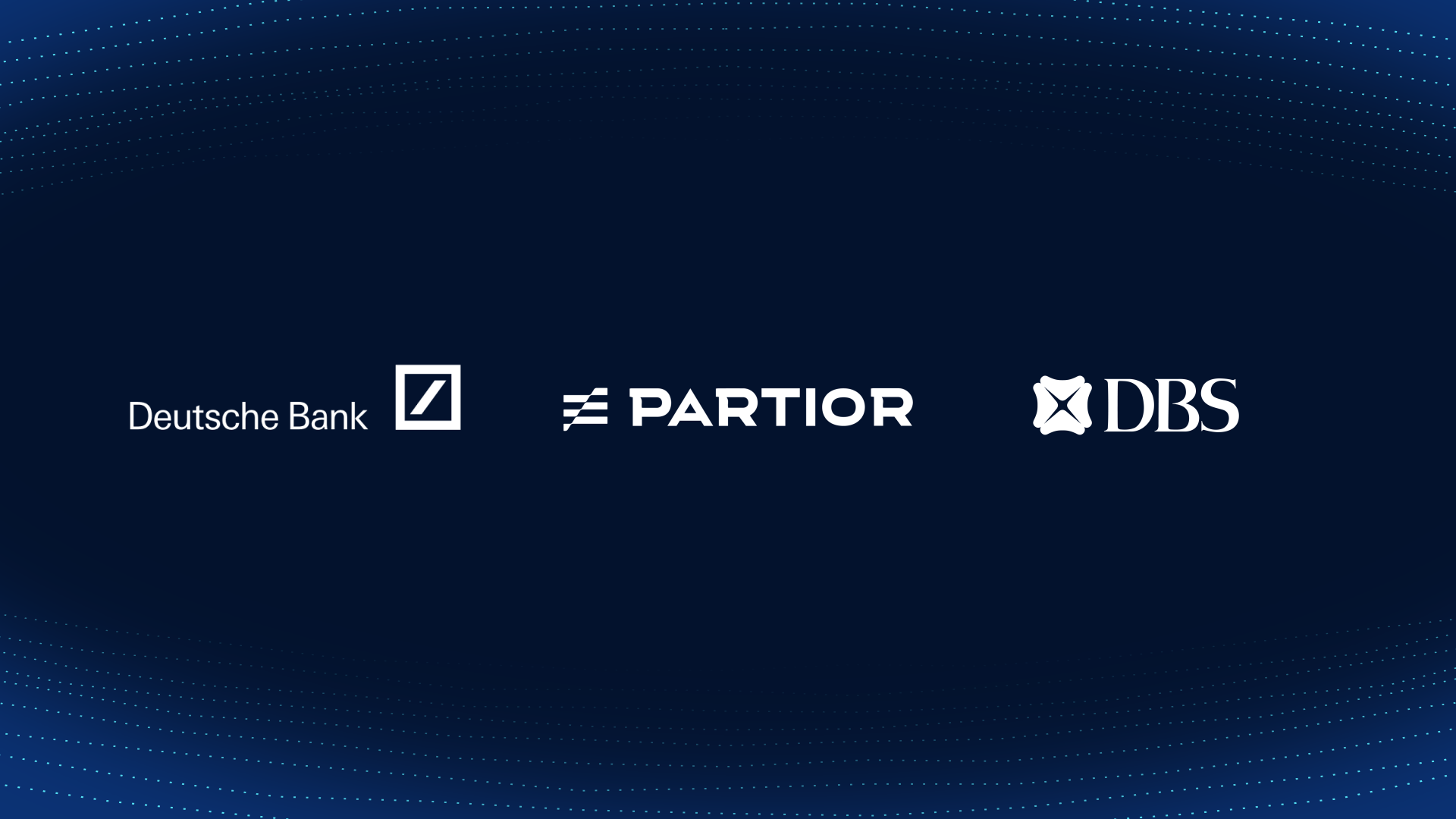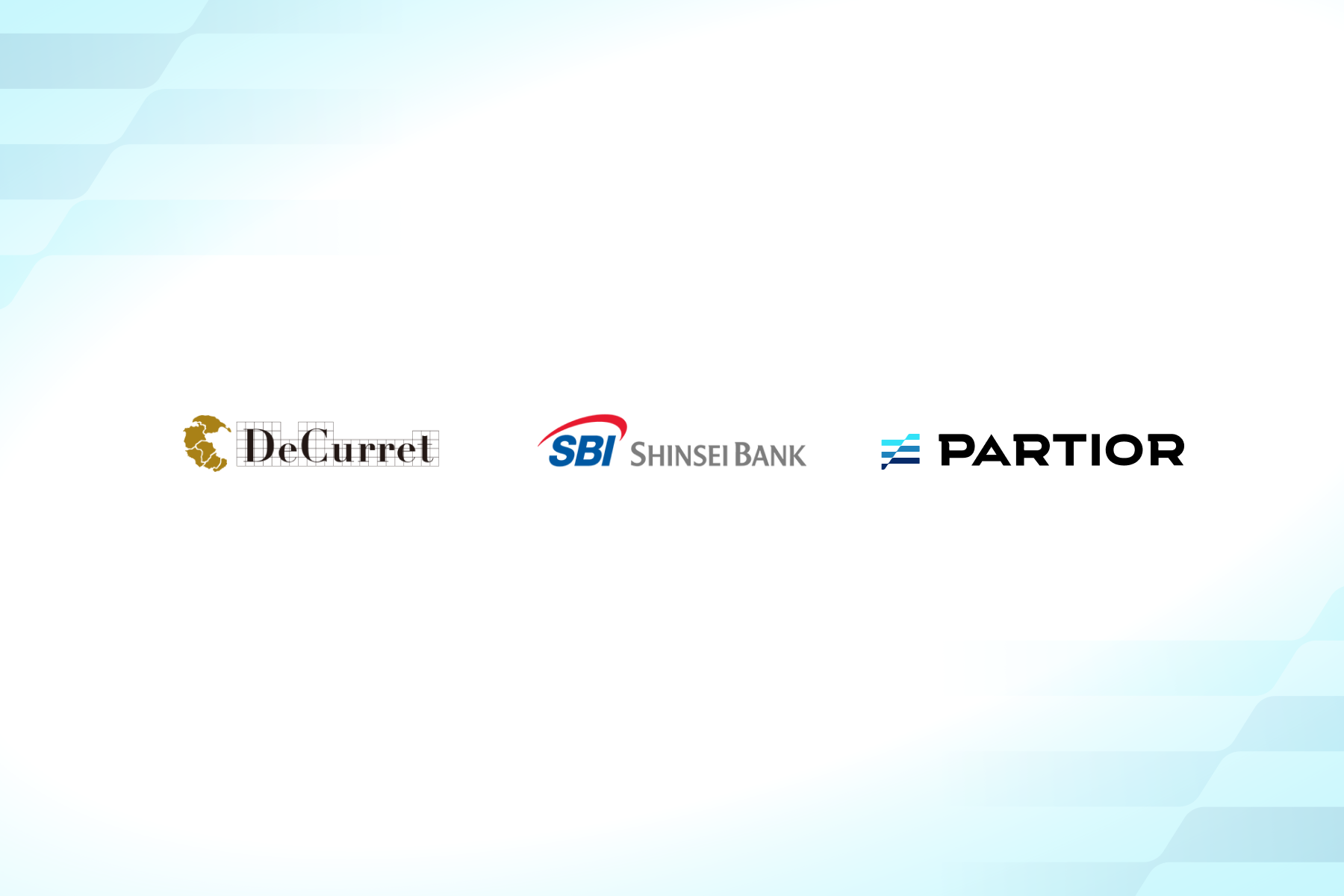.png)
Programmable Payments: The Future of Faster, Smarter Cross-Border Payments
Traditional cross-border payments can be likened to sending a letter internationally — a process that is slow, costly, prone to delays, and involves intermediaries like postal services and customs, which add complexity, time, and costs. Now, imagine a digital "package" that can be sent instantly and is fully programmable. This digital solution allows for precise delivery conditions, ensuring it reaches the right recipient at the right time, after specific milestones are met. With full tracking, automatic compliance with local regulations, and minimised risk of errors or delays, this new approach revolutionises the cross-border payment experience.
This is the power of programmability in payments, making them fast, efficient, secure, and fully customisable.
Programmable payments, powered by blockchain and smart contracts, work much like that digital package. They automate the entire process, eliminate intermediaries, lower costs, and provide real-time transparency and settlement, transforming the way money moves across borders.
Introducing Programmable Payments
Programmability is the ability of a system to perform specific actions based on predetermined instructions. The advantages of programmable payments go beyond just reducing costs and increasing speed. They offer unprecedented levels of transparency and traceability. Since each transaction is recorded on the blockchain, the resulting record is immutable and auditable, meaning that once a transaction is recorded, it cannot be changed or tampered with, yet it provides a clear and tamper-proof history of the payment flow. This enhanced visibility not only builds trust but also facilitates regulatory compliance.
Programmable payments get frequently conflated with programmable money, Programmable payments automate the conditions, timing, and rules of payments using smart contracts, for a more efficient payment process. On the other hand, programmable money involves programming digital currencies to function only in predefined ways, such as restricting usage to specific industries, locations, or time frames.
Programmable payments focus on the transaction process, and programmable money embeds rules directly into the currency. They represent different aspects of financial innovation.
Key Benefits of Programmability
Enhanced Efficiency: Programmable payments streamline transactions, reducing delays and disputes by automatically releasing funds based on conditions, like confirming delivery. Prefunding ensures liquidity, avoiding bottlenecks.
- Risk Management: Smart contracts transfer funds only when conditions are met, minimising fraud, errors, and disputes.
- Operational Flexibility: Financial Market Infrastructures (FMIs) can tailor transaction terms to clients' needs, offering customised payment schedules and risk thresholds.
- Regulatory Considerations: As FMIs adopt programmable payments, regulators must develop frameworks to ensure compliance and operational oversight.
- Digital Finance Evolution: Programmable payments enhance digital finance by automating processes, making transactions faster, more secure, and predictable - key for the industry's continued growth.
According to the Bank for International Settlements (BIS), the ability to program payments is one of the most impactful benefits of blockchain technology, addressing critical challenges in the financial industry such as transparency and delays in payment processing.
How Programmable Payments are Transforming Global Transactions
The emergence of programmable payments is like upgrading from basic tools to smart systems tailored for specific industries. These initiatives illustrate how automation and blockchain are being applied to solve industry-specific challenges:
- Project Orchid: Think of it as a "purpose-specific wallet", where a digital currency like Purpose Bound Money (PBM) is designed for precise spending. This ensures security and accountability by automating conditions for how and where funds can be used.
- Project Dynamo: Comparable to a "smart logistics system", for cross-border payments, it uses programmable technology to ensure regulatory compliance in real time, reducing manual oversight and streamlining global transactions.
- Project Meridian: Acts like a "real estate escrow on autopilot", where smart contracts manage conditional payments linked to milestones in property transactions, minimising disputes and fostering trust.
- Project Genesis: Functions as an "industry-wide smart toolkit", integrating blockchain for diverse use cases, such as automated retail payment systems or loyalty rewards programs, enhancing transparency and operational efficiency.
These projects showcase the transformative power of programmable payments to boost efficiency, reduce risk, and streamline processes across financial institutions.
The Road Ahead
Programmable payments are set to reshape the future of cross-border transactions by combining the power of blockchain and smart contracts to eliminate inefficiencies, reduce costs, and offer unparalleled speed and security. Partior is a leading platform offering programmable payments through the innovative use of blockchain technology. Its smart contract capabilities allow users to automate payment processes, ensuring that funds are released only when predefined conditions are met.
As the financial industry continues to evolve, programmable payments will play a key role in driving global financial inclusion, creating more flexible, efficient, and secure transaction systems.
With growing adoption and continued innovation, the future of cross-border payments is not just faster - it’s smarter.



